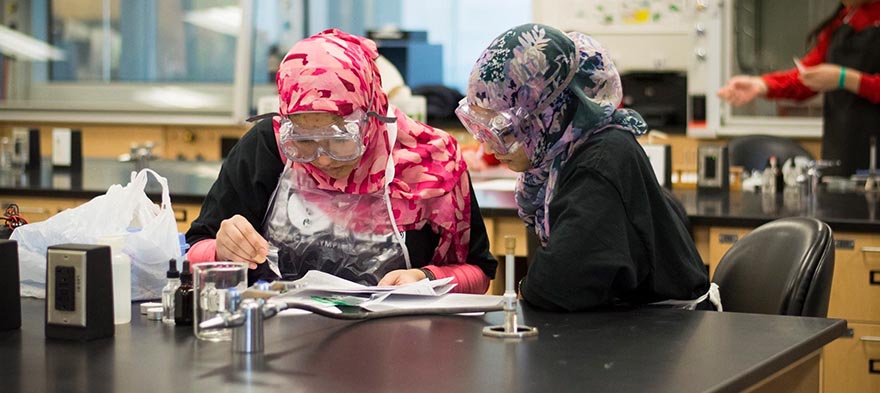
Mar 16, 2018 12:00:00 AM
by Orie Ward
Orie D. Ward is a Senior Management Consultant at Philogic that specializes in strategy, planning and innovation. He works with professional development associations in business and law to design and implement national program operations. He is also a former financial literacy teacher with programs that have been featured by the Wall Street Journal and U.S. Department of Treasury. He has sat on Boards of after school programs and been a education grant reviewer for the United Way.
Few issues in education spark more tension and debate than standardized testing. Are they a tool for equity or a burden on students? A necessary check on school systems or a flawed measure of...
Charter schools are public schools with a purpose. Operating independently from traditional school districts, they're tuition-free, open to all students, and publicly funded—but with more flexibility...
Despite the benefits of a diverse teaching force, prospective teachers of color fall out of our leaky preparation pipeline at every stage: preparation, hiring, induction, and retention. Here’s what...
Ed Post is the flagship website platform of brightbeam, a 501(c3) network of education activists and influencers demanding a better education and a brighter future for every child.
© 2020-2025 brightbeam. All rights reserved.
Leave a Comment